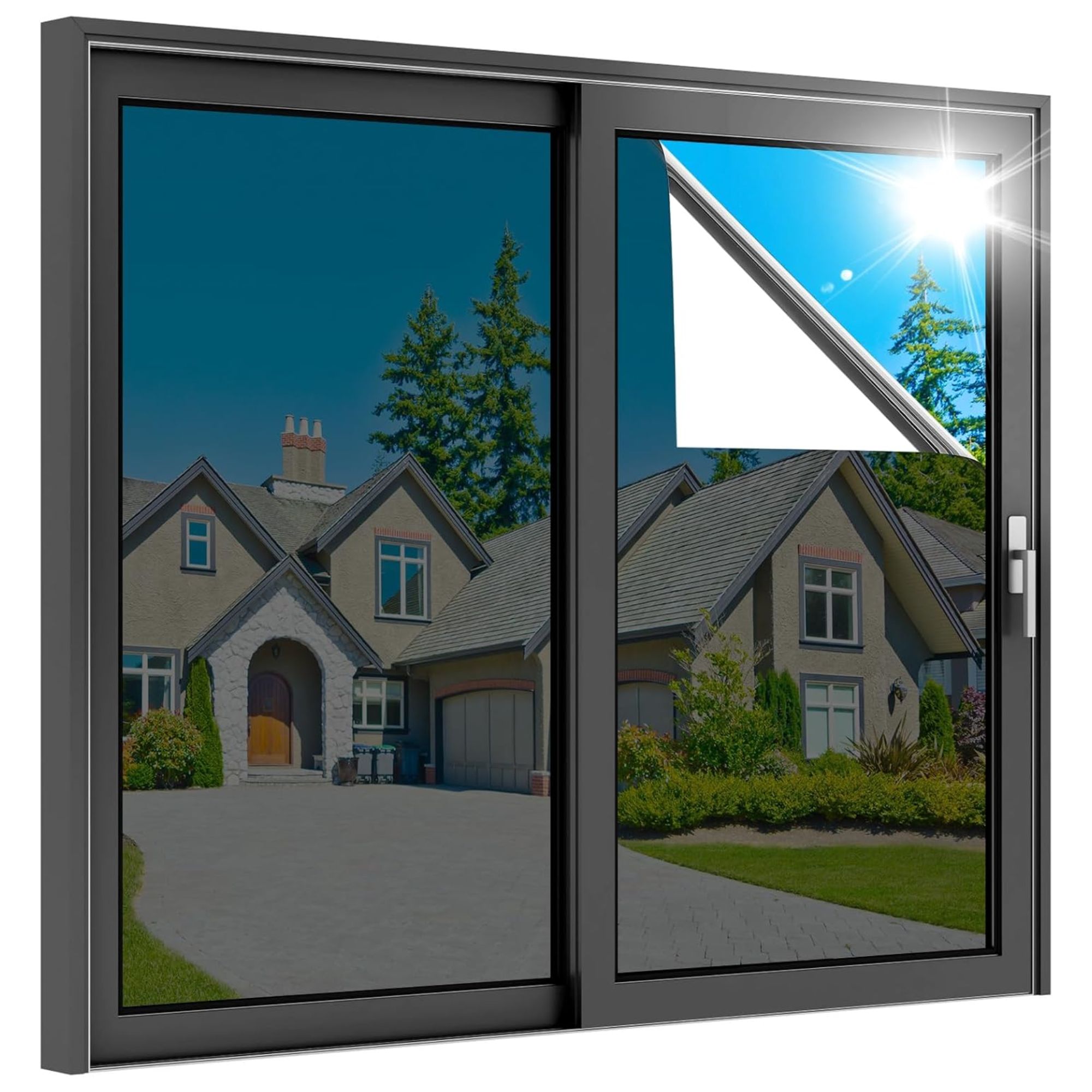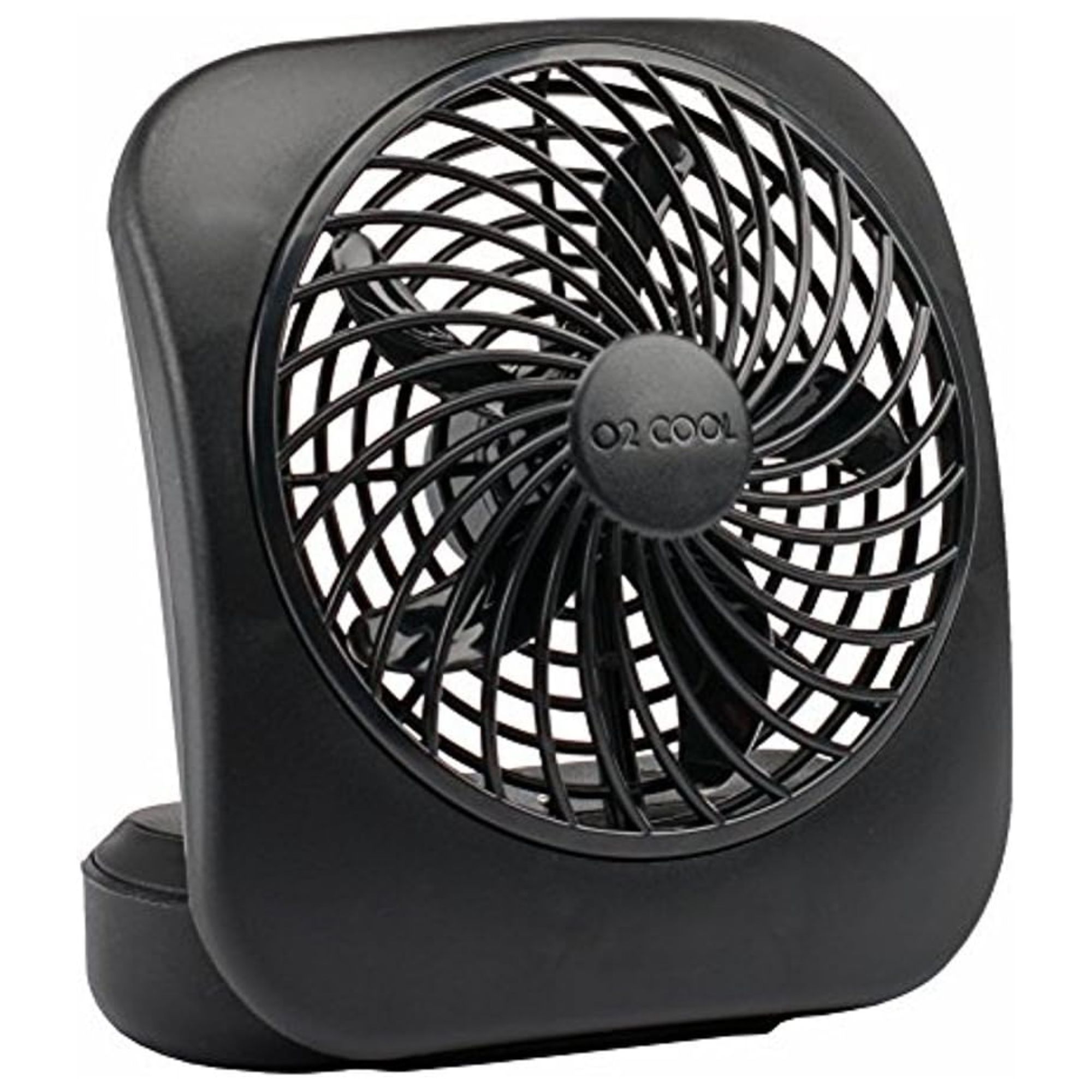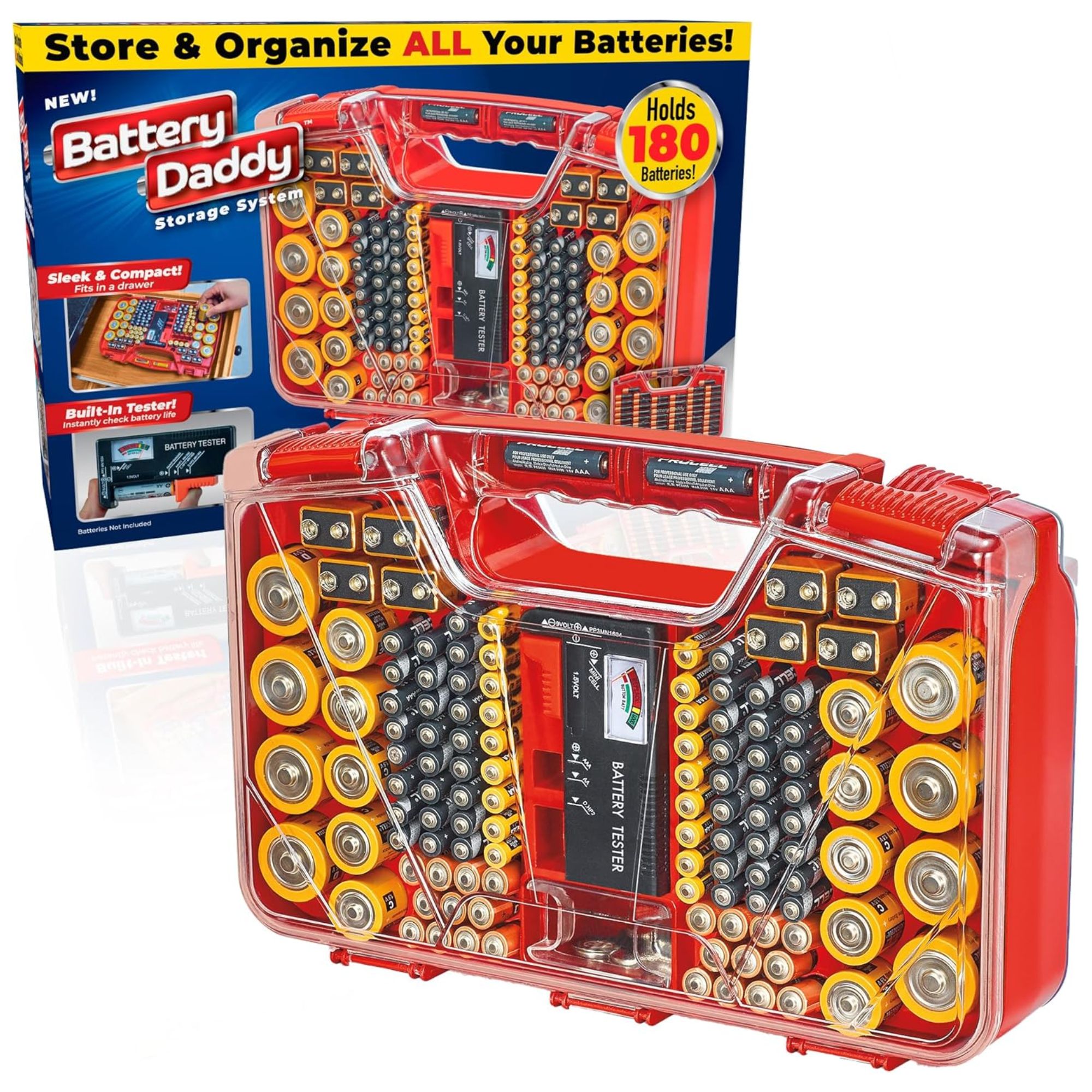
Right now, if you're lucky enough to have it at home, it's likely that you're running your air conditioner daily. But how do you keep a home cool in a power outage?
First things first, don't panic! There are plenty of simple tips and tricks you can use to cool your space.
Here, HVAC pros share seven simple ways to keep a home cool in a heatwave, even without power or AC.
How to keep a home cool in a power outage
1. Close windows, blinds and curtains

First things first, say our HVAC pros, start by closing windows, blinds, and curtains, which is the simplest home remedy to stay cool.
Chuck Woosley, general manager of The Bee, a heat and AC company located in Denver, recommends, 'Pay particular attention to the sun-facing sides of the house, which will help block out radiant heat.'
Additionally, says Josh Mitchell, HVAC technician and founder of Air Conditioner Lab, you can use blackout curtains, such as the Mainstays Solid Blackout Curtain Panel Pair available at Walmart, to help retain cooler temperatures.
'If you have them installed before an outage, they're worth keeping closed during the hottest hours of the day,' he advises. 'Even without power, passive insulation helps slow the heat from entering the room,' helping you counter extreme heat at home, even without power.
2. Create a cross breeze

Then, once external temperatures cool, improve ventilation in your home and create a cross draft. This is one of the best ways to keep an apartment cool in summer without AC.
'During a power outage, keeping your home cool is all about preventing heat gain and maximizing natural airflow,' explains Chuck. 'Open windows on opposite sides of the home to create a cross breeze and improve ventilation.
'This natural airflow helps draw cooler air in and push warmer air out.'
3. Cool yourself directly

This one might sound obvious, but cooling yourself directly, not just the space around you, will effectively help you cope with any reason your home feels hot.
Josh advises, 'Wet a towel or bandana with cold water and wrap it around your neck, wrists, or ankles. These are pulse points where your blood vessels are close to the surface, so it helps lower your body temperature.
'If you keep a spray bottle in the freezer or fridge before an outage, you can mist your skin and let the water evaporate to cool down.'
We recommend using a plastic spray bottle, such as the Mainstays Spray Bottle available at Walmart, for this, to avoid any glass breakages in your fridge or freezer.
You can also use a specifically designed cooling towel, such as the Sukeen Cooling Towel available at Amazon, which is one of our editor picks to beat the heat.
4. Stay downstairs

In a heatwave and power outage, the best place to be, if you have one, is in your basement.
'Make it your main space during the outage,' advises Josh. 'Heat rises, so lower levels remain more stable.
'Sleeping on a floor mat or air mattress closer to the ground can lower your immediate temperature by a few degrees, even if the rest of the house feels warm.'
The Intex Inflatable Air Mattress available at Amazon is a bestseller, if you're looking for a quick, temporary fix.
If you don't have a basement, avoid going upstairs as much as possible, and take measures to keep upstairs cool in summer.
5. Use battery-powered fans

Without power, when your best fan won't work, your best shot at cooling a room with fans is opting for a battery-operated variety, says Josh.
'You can use a battery-powered fan combined with frozen water bottles,' he suggests. 'Just set the fan to blow across the ice. It won't cool the room much, but it creates a chill zone that helps you feel more comfortable for a few hours.'
For this, we recommend a battery-operated fan, available at Amazon. Additionally, small battery-powered fans, such as the number one bestselling JISULIFE Handheld Mini Fan, also available at Amazon, are easy to keep on hand.
'Some models even come with clip-on features or can be charged with solar panels,' adds Josh.
6. Turn off heat generating appliances

Next, says Chuck, avoid using gas stoves or appliances that generate heat, which are all things making your kitchen too hot. In that same vein, avoid using candles unless absolutely necessary, say, for lighting, as they generate heat quickly and can be hazardous.
'Instead, stick to cold food like sandwiches or canned goods,' recommends Josh, 'Every bit of heat you don't add makes a difference.'
7. Prepare in advance

Finally, and this might be easier said than done, but just like preparing your home for thunderstorms, prepare in advance for extreme heat wherever possible with things such as an emergency home cooling kit and having portable blackout curtains on hand.
'If a heatwave is expected, pre-cool your home as much as possible before an outage occurs,' advises Josh. 'And if you're stocking up, prioritize items like reflective window covers [such as the Reflective Bubble Insulation Sheet, available at Amazon], solar-powered fans, and extra batteries over high-powered equipment you can't run during an outage anyway.'
What to shop
All prices were correct at the time of publication.

These window tints block up to 99% of UV rays and 92% of infrared rays, and are quick and easy to install. In winter, they'll retain heat indoors, too.

This 5-inch portable fan is compact and easy to use, with a two-speed, quiet operation. It runs on two DD batteries (not included).

Get prepared for a power outage with this double-sided battery storage case, which makes it easy to find exactly what you need, when you need it.
FAQs
How long can a fridge go without power?
If you're needing to keep yourself and your home cool in a power outage, you'll be relying on cold food and drinks as much as possible. Without power, your fridge will stay cold for approximately four hours, while your freezer can keep food frozen for approximately 48 hours. Keep them closed as much as possible to help them retain the lingering cold air inside.
Meet our experts
In winter, you might find yourself struggling to heat your home in a power outage. Just like a power outage in summer, planning is essential, warn experts.







